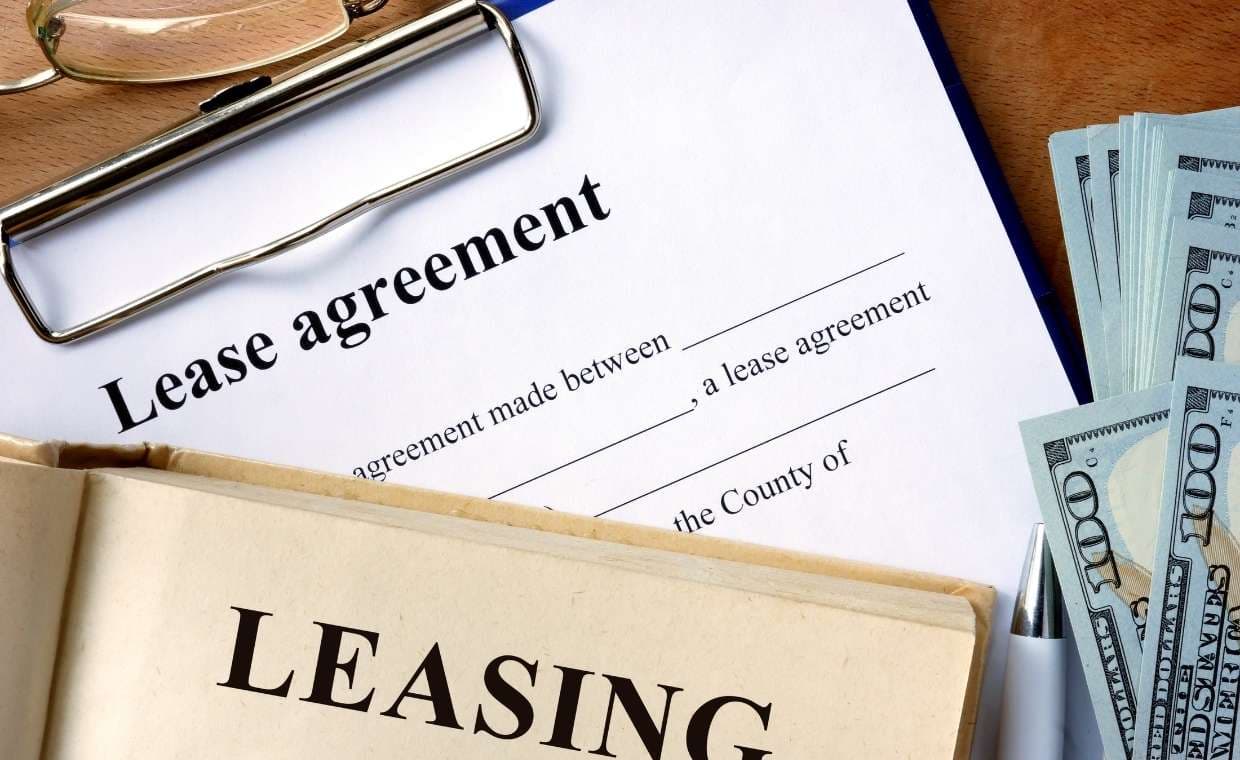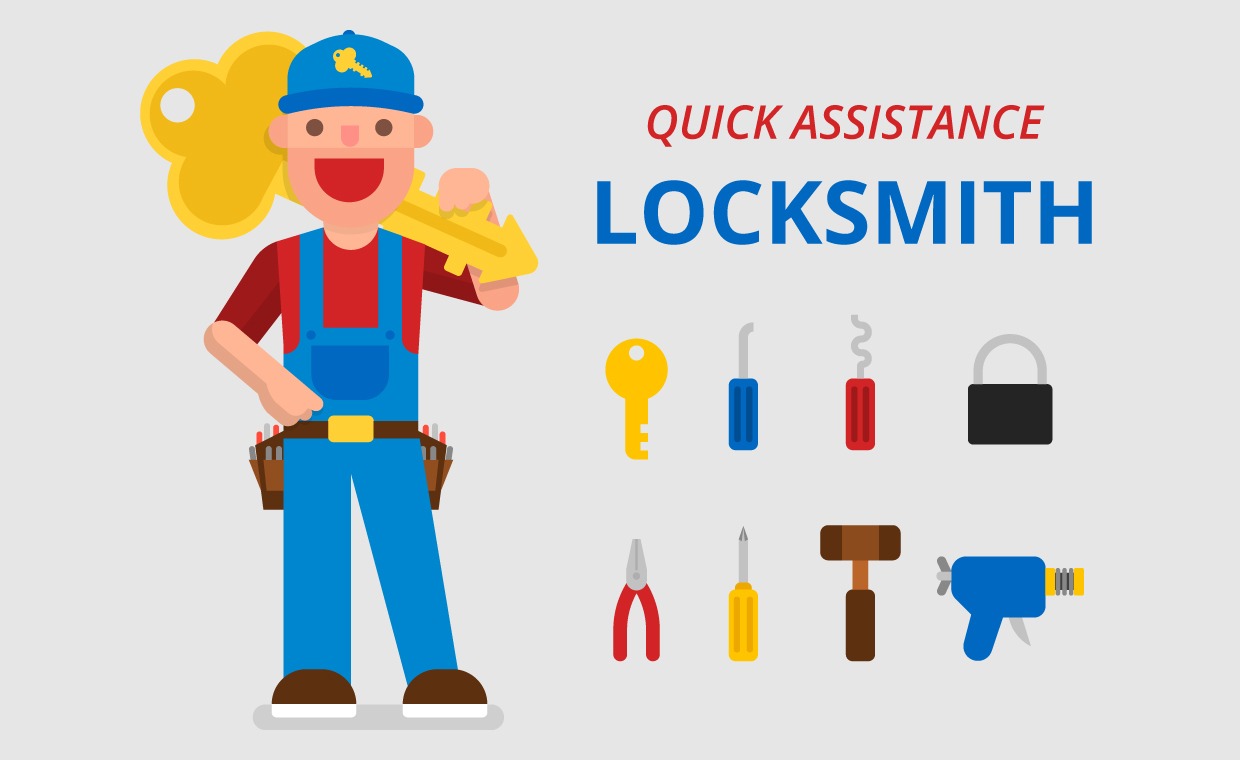
Table of Contents
The advantages and disadvantages of lease scheme are vital information for consumers who often prefer to buy property/assets under a lease scheme. Leasing is a gainful scheme for owning assets; however, a clear idea of the pros and cons of leasing to the lessee and lessor is worth considering. But before we discuss the topic, let’s first know what a lease is. Here, we will discuss the rewards and drawbacks of lease: it includes outline idea about property lease and property lease benefits and limitations.
What is a Property Lease?

A Property Lease is a long-term property rental agreement. It defines the relationship between the lessee (tenant) and the lessor (the landlord). It is a legally binding contract that outlines various terms and conditions related to the rent agreement. Both parties must adhere to these terms. Under the agreement, the lessee gets access to use the property, and the lessor receives rent payment for a specific period.
Also Read: Difference Between Lease and Licence!
Step by Step Process to Rent Your House
If either party fails to comply with the stipulated conditions and obligations, there is a strong possibility of legal consequences, as a lease represents a form of incorporeal right.
The Advantages of a Property Lease Agreement
If you closely examine the advantages and disadvantages of lease agreements, it’s clear that a property lease agreement offers mutual benefits. Some advantages are specific to landlords, while others cater to the needs of tenants or lessees.
1. Property Lease Advantages for Lessor (Landlords)

- Steady Income Stream: A landlord receives a regular, predictable income for the duration of the agreement.
- Legal Protection: A written lease agreement clearly mentions the terms—rent amount, duration, obligations, etc. These clauses protect landlords from potential legal disputes.
- Tenant Responsibility: Lease agreements may require tenants to cover minor maintenance or utility costs, helping reduce the landlord’s maintenance burden.
- Property Control: Owners retain ownership of the property while earning rental income. The lease can also specify permitted uses, which helps ensure the property is used appropriately and remains protected.
- Eviction Rights: If the tenant violates the terms of the lease agreement, the document provides a legal basis for eviction.
2. Property Lease advantages for Lessee (Tenants)

- Stability & Security: Tenants can occupy the property for a fixed period without facing unexpected rent hikes or sudden termination.
- Clear Expectations: Key terms like rent amount, due dates, maintenance responsibilities, and rules are outlined, reducing the chances of misunderstandings.
- Rent Control: In most fixed-term leases, the rent amount remains unchanged during the lease tenure.
- Time to Plan: A lease agreement provides a defined timeline, allowing tenants to plan their personal lives or businesses without fear of sudden eviction.
- Possible Renewal Benefits: Reliable tenants may receive renewal offers with favourable terms or only minor rent increases.
Also Read: Lease or Rent: What to Choose
The Disadvantages of a Property Lease Agreement
In the study of the advantages and disadvantages of lease, let’s talk about disadvantages. The property lease agreement comes with a string of disadvantages. Let’s look at the disadvantages of a lease agreement for both the lessor and lessee.
1. Property Lease Disadvantages for Lessee (Tenants)

- Lack of Ownership: Lease payments don’t build equity. At the end of the lease, the tenant owns nothing, unlike with a purchase.
- Limited Control Over Property: Tenants cannot make significant changes or renovations without the landlord’s permission. It restricts the scope of personalisation.
- Bound by Lease Terms: Lessees are legally obligated to follow all terms until the lease ends. If the lessee breaks the agreement before its stipulated timeline, it can result in penalties or legal action.
- Rent Increases on Renewal: While rent is mostly fixed during the lease period, it may increase significantly upon renewal.
- No Long-Term Security (for short leases): If the lease is short-term, the landlord might choose not to renew, forcing the tenant to leave the property.
- Maintenance Responsibilities: Depending on the lease, tenants may be responsible for certain maintenance, repairs, or utilities, which can increase the total costs.
- Restrictions on Use: Some leases restrict property use, including subleasing limitations or prohibiting commercial activities, which might limit the lessee’s plans.
2. Property Lease Disadvantages for Lessor (Landlords)

- Limited Flexibility: Once a lease contract is signed, the landlord can’t easily change the terms (like raising the rent or ending the lease early) until the agreement ends.
- Long-Term Commitment: If market rents rise, the landlord may be stuck with below-market rates until the lease agreement expires.
- Risk of Problematic Tenants: If a tenant is difficult to coordinate with or causes damage to the property, eviction can become a long and costly legal process—especially during a fixed-term lease.
- Maintenance and Wear: Tenants may not care for the property as an owner would. Even with rules, damage or poor upkeep can be an issue.
- Legal and Administrative Costs: Hiring legal help to draft an airtight lease agreement and dealing with disputes is often costly.
- Vacancy Risks After Lease Ends: Once the lease term is over, there’s always the risk that the tenant won’t renew, potentially leaving the property vacant. It hampers the income potential.
- Limited Use During Lease: Landlords can’t quickly sell, renovate, or repurpose the property while a lease is active without the tenant’s agreement.
Summing Up
Understanding the advantages and disadvantages of lease schemes is an important piece of knowledge. Comprehending these aspects of the lease agreement is vital for both lessees (tenants) and lessors (landlords). A lease benefit list includes certain advantages, such as stability, recurring income, and legal protection, but there are disadvantages opposing lease benefits, including risks and limitations, that should not be overlooked.
Precisely, there is both advantages and disadvantages of lease. Whether leasing a property as a lessee or offering one as a lessor, it is wise to remain fully aware of the rights and responsibilities involved in the lease agreement. A well-structured lease can be a solution where everyone benefits, so it is always better to invest time in assessing, negotiating, and deciding on the best terms and conditions to safeguard yourself legally.
Also Read: Necessary Terms & Conditions to be included in a Lease Agreement!
FAQs on Advantages and Disadvantages of Lease
1. Why is Lease Better than Rent?
The primary distinction between leasing and renting is the pattern of commitment and duration. A lease is a fixed-term pact that offers stability and certainty but limits flexibility. Renting provides more flexibility but lacks the long-term security of a lease.
2. What are the Main Points of a Lease Agreement?
Lease contracts vary significantly in length, terms, and complexity; however, all lease agreements must contain the following six essential components.
- Offer.
- Acceptance.
- Mindfulness.
- Consideration.
- Capacity.
- Legitimacy.
3. What are the Benefits of a Lease?
Lese Benefits are varied. They include cost distribution, preserved capital, potential tax deductions, easy upgrades, and ownership options. Can the lessee return the asset before the lease term ends? Typically, financial leases have non-cancellable terms, making them less flexible than operating leases for early returns.
4. What are the Tax Benefits of a Lease?
Tax benefits on property leases depend on the usage. Commercial lease rent is tax-deductible for tenants, and GST input credit may apply. Residential tenants can claim HRA exemption (if salaried). For landlords, rental income is taxable with a 30% standard deduction and a possible interest deduction on home loans. GST applies to commercial rentals above ₹20 lakh annually.
References
Bo Li. (2023) The realization of class-monopoly rents: Landlords’ class power and its impact on tenants’ housing experiences in Journal of Urban Management Volume 12, Issue 4, December 2023, Pages 360-374, https://doi.org/10.1016/j.jum.2023.08.002 [Online]. Available from: https://www.sciencedirect.com/science/article/pii/S222658562300064X






























